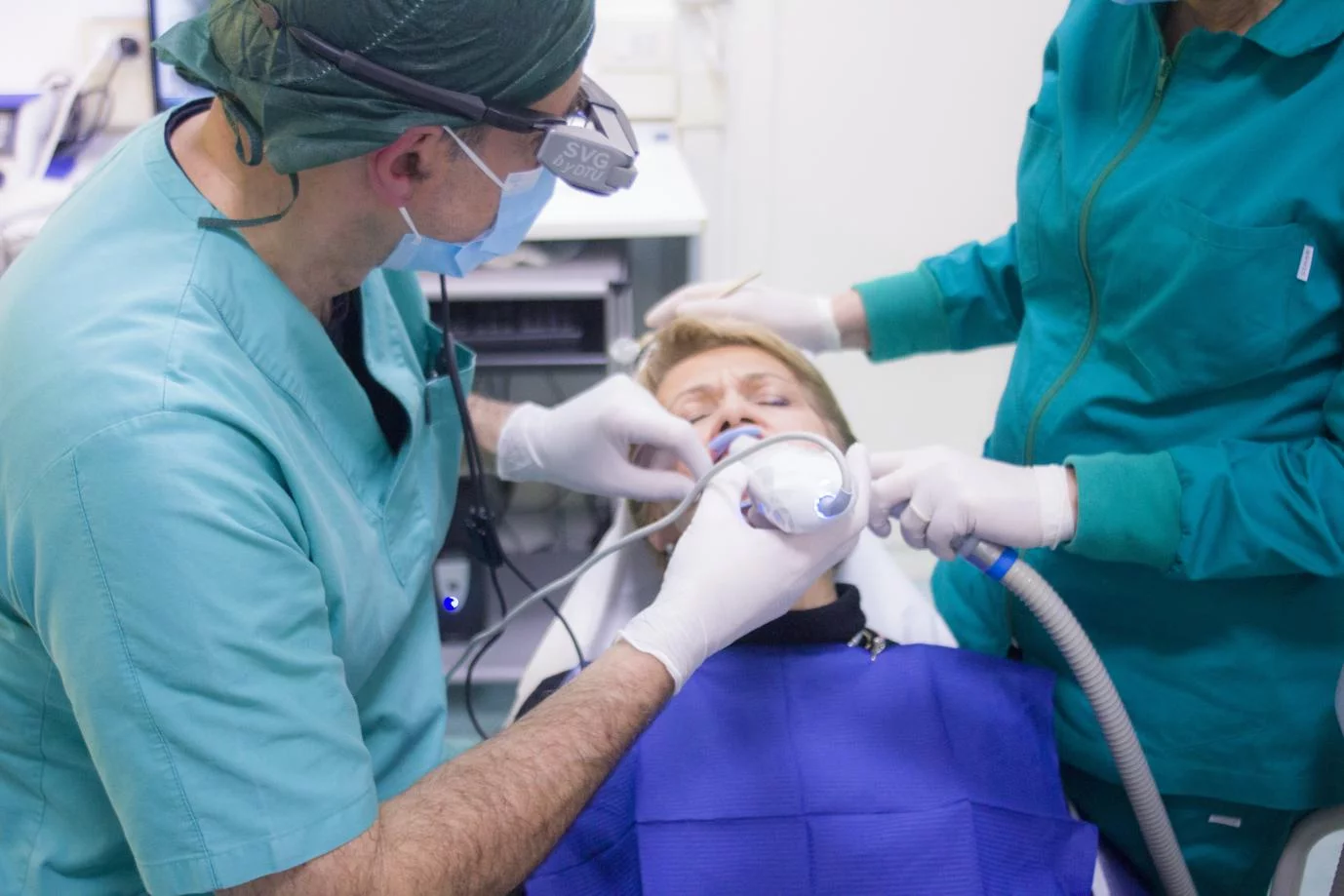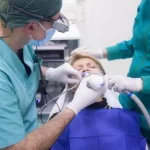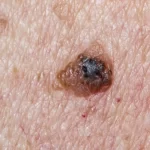Acne is the most common skin disease in the United States. In fact, it is so common that every year hundreds of thousands of people are treated for acne. The seriousness of this problem means that there is an ongoing debate about the cause of acne, how to treat it, and what types of acne treatment are best. The exact cause of acne is not known, although some studies have pointed to heredity, hormones, and bacteria as some of the possible causes. Hormonal changes in the body, changes in the liver, excess oil production by the sebaceous glands, exposure to toxins, and acne bacteria are all believed to play a role in the development of acne.
Topical acne treatment for mild to moderate acne includes: benzoyl peroxide, salicyclic acid, antibiotics, and retinoids (commonly found in cleansers and creams). Oral acne treatment includes an oral antibiotic, erythromycin, or a topical retinoic acid (benzoyl peroxide). Side effects of treatment include dryness of the skin, redness, itching, burning, pimple redness, swelling, stomach upset, dizziness, headache, flushing, vomiting, and diarrhea. These side effects vary from person to person and can occur several weeks after starting treatment. Some of these side effects may subside if the acne condition improves while others may persist or worsen.
Some people respond more favorably to one type of treatment than to another. If you suffer from a severe case, it is very important that you work closely with your doctor to determine the best course of treatment. You should not start any treatments before talking to your doctor.
Acne may be caused by hormonal changes in the body, such as during puberty and pregnancy, or stress. Hormonal change is often seen as a cause of acne because it upsets the sebaceous glands, which produce oil. When the glands are over stimulated, the skin produces excess oil, which clogs pores and can lead to acne. A good way to prevent acne is to maintain a healthy weight and to keep your stress levels low. You should also try to sleep on your side rather than sleep on your back, to help keep the skin in your hair follicles from being too inflamed and to promote proper skin inflammation.
If you have moderate acne, you may be able to treat it effectively with topical creams and gels. Some doctors recommend retinoid creams, which are natural compounds, for treating severe acne. Retinoid creams, such as tretinoin, adapalene, or isotretinoin, can reduce the size of the sebaceous glands, which can lead to cystic acne. Cystic acne can leave scars, which you may need to be treated with laser treatments.
The best way to get rid of pimples is to treat them at an early stage and to prevent them in the first place. If you want to use some of the more traditional acne treatments, your best bet is to see a dermatologist who will be able to tell you what works for you and recommend a treatment plan. These treatments can take time to show results, and the best ones usually come in the form of oral medication. In addition, there are also some prescription medications that can do the job. In general, however, you will probably need to try several different things before seeing results.







 The Essential Guide to Digestive Enzymes Australia: Boost Your Gut Health
The Essential Guide to Digestive Enzymes Australia: Boost Your Gut Health  Latest Breakthroughs in Acne Treatment
Latest Breakthroughs in Acne Treatment  The Rise of Virtual Fitness Classes
The Rise of Virtual Fitness Classes  Fun and Creative Ways to Stay Active Indoors
Fun and Creative Ways to Stay Active Indoors  Linking Oral Health to Overall Wellbeing
Linking Oral Health to Overall Wellbeing  Can You Exercise While Pregnant?
Can You Exercise While Pregnant?  Is Skin Cancer Curable?
Is Skin Cancer Curable?  How Much Is Dental Bonding?
How Much Is Dental Bonding?  The Rise of Telemedicine and Its Impact on Healthcare
The Rise of Telemedicine and Its Impact on Healthcare 